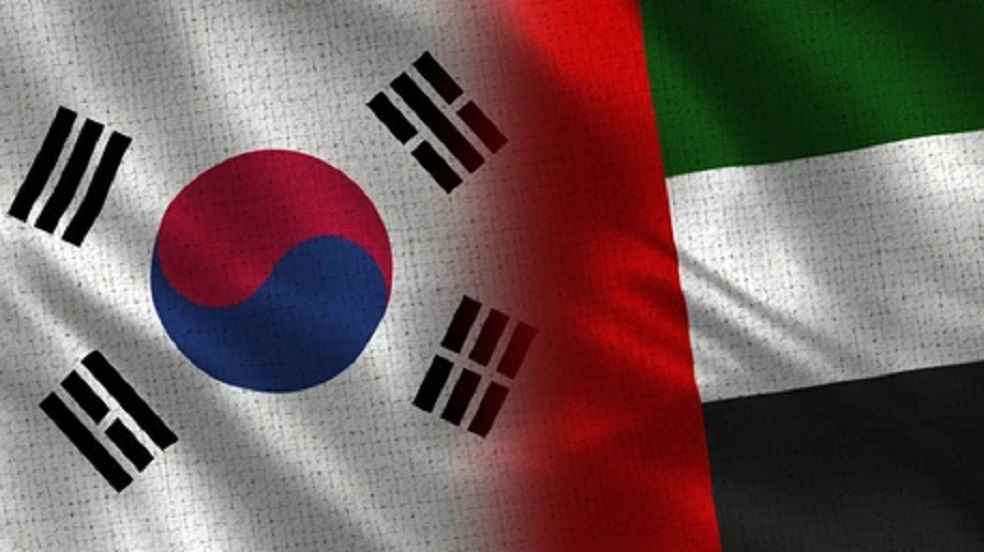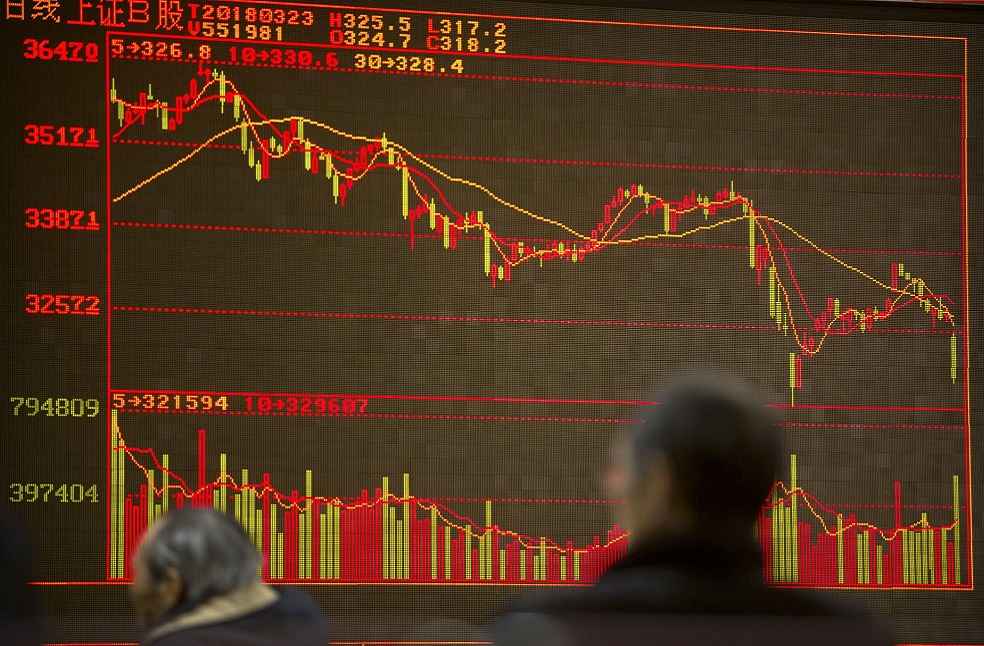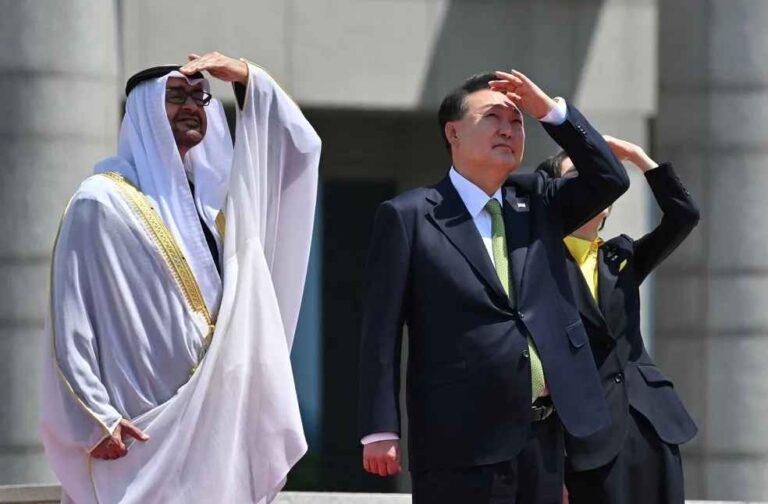The Korea International Trade Association (KITA) UAE Centre has released a report titled ‘Analysis of the UAE’s Economic Structure and Its Relationships with South Korea.’ The report offers a detailed look at UAE-Korea trade, using a value-added approach to avoid double counting of goods traded multiple times. It also assesses the UAE’s export strengths through the Value-Added Revealed Comparative Advantage (VRCA) method.
Distinct UAE Economic Dynamics
The UAE emerges as a unique player among Gulf Cooperation Council (GCC) countries, distinguished by its private sector’s value-added contributions. With value-added exports totaling $72.3 billion, the UAE’s trade profile contrasts sharply with Kuwait’s $60 billion and Saudi Arabia’s $237.2 billion.

While all three countries rely on mining for the bulk of their value-added exports, the UAE’s second-largest export contributor is retail, underscoring its economic diversification. Kuwait and Saudi Arabia, on the other hand, place heavy reliance on public administration and defense sectors for their secondary exports.
A Wider Industrial Spectrum
The report highlights a broader industrial base in UAE-Korea trade, contrasting with the more concentrated exports from Kuwait and Saudi Arabia. Korea’s value-added imports from the UAE’s mining sector, representing less than 50% of the total, align more closely with global trends, unlike Kuwait and Saudi Arabia, where over 80% of value-added imports are linked to mining.
The construction sector features prominently in Korea’s value-added exports to the GCC, with 28.4% directed to the UAE, 38.5% to Kuwait, and 22.2% to Saudi Arabia. Public administration and defense sectors also play a significant role in value-added trade across these nations.

Mining and Air Transport Competitiveness
A VRCA analysis reveals that Kuwait leads the region with a VRCA of 12.7 in mining, followed by Saudi Arabia at 8.3 and the UAE at 7.0. Yet, the UAE stands apart with a strong VRCA of 6.9 in air transport, nearly matching its performance in mining—demonstrating a clear competitive advantage beyond natural resources.
Phil-jae Park, KITA UAE Centre’s president, outlined plans to extend this research into other Middle East and North Africa markets. The report underscores the UAE’s diversified economic base and its evolving role as a key trading partner for South Korea, setting the stage for deeper industrial cooperation across multiple sectors.
POLICY & LAW | Japan Calls on Hong Kong to Lift Seafood Ban as Beijing Eases Restrictions



